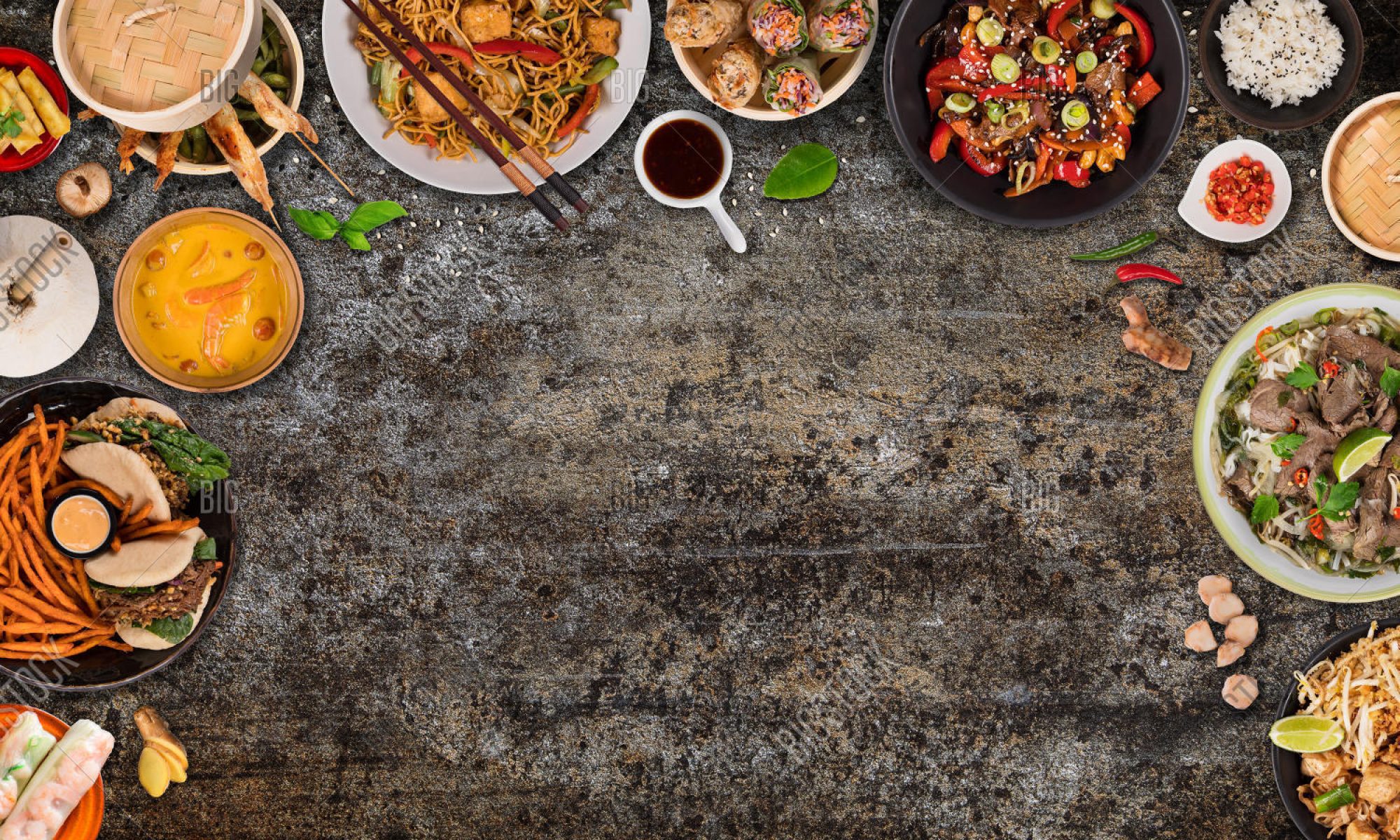After digesting the podcast lecture and both readings, my previous knowledge on shamanism was simultaneously correct and complemented with additional education on Shamanism: with the specific example of the Shipibo-Conibo and their methods and purpose for using Ayahuasca. I found Joshua Homan’s reading to be very insightful because he provided a timeline on the globalization of Ayahuasca and how it contributes to the western knowledge of shamanism and psychedelics. In addition, he provided clear examples on the positive and detrimental effects of the “diaspora of Ayahuasca” as a result of its rising popularity with foreigners. The dispersal of Ayahuasca is a very controversial topic because there are benefits and consequences attached to its global demand, which I think ties into the keyword of appropriation.
Similar to my last post on Mexican food, I do not believe that the alteration of cultural foods is a negative outcome of globalization. In fact, it’s encouraging to see so many people being open minded to try different things. In this case, people wanting to use Ayahuasca to heal themselves is an example of knowledge being shared with a positive intention. However, it becomes detrimental when we start to adapt these cultural methods and try to pass them as authentic or “original” without crediting where it comes from. This idea seemed to appear similarly with the consumption and marketing of Ayahuasca but with a significant difference. As stated in the interview with Guillermo Arrevalo, Ayahuasca stimulates the tourism industry which helps the economy and the indigenous community. Many of those who sell their shamanism expertise and administer Ayahuasca often don’t undergo shamanic training, thus their services are not legitimate. Foreigners who search for Ayahuasca approach spiritual healing with very limited knowledge making them victims of theft, rape, and motivators of this “scam”. I think now more than ever, it’s important to be educated by reliable sources about Ayahuasca, especially if one wishes to partake in the practice. Education is both for the safety of the consumer and it validates the ritual as an important indigenous healing practice (not just catered to foreigners).
The distribution and consumption of Ayahuasca has becomes a very complex system that involves many aspects of a society. People who engage in illegitimate shamanism often resort to these methods because it is a way to make a living, which are often indicates there are social and economic injustices in the society.
